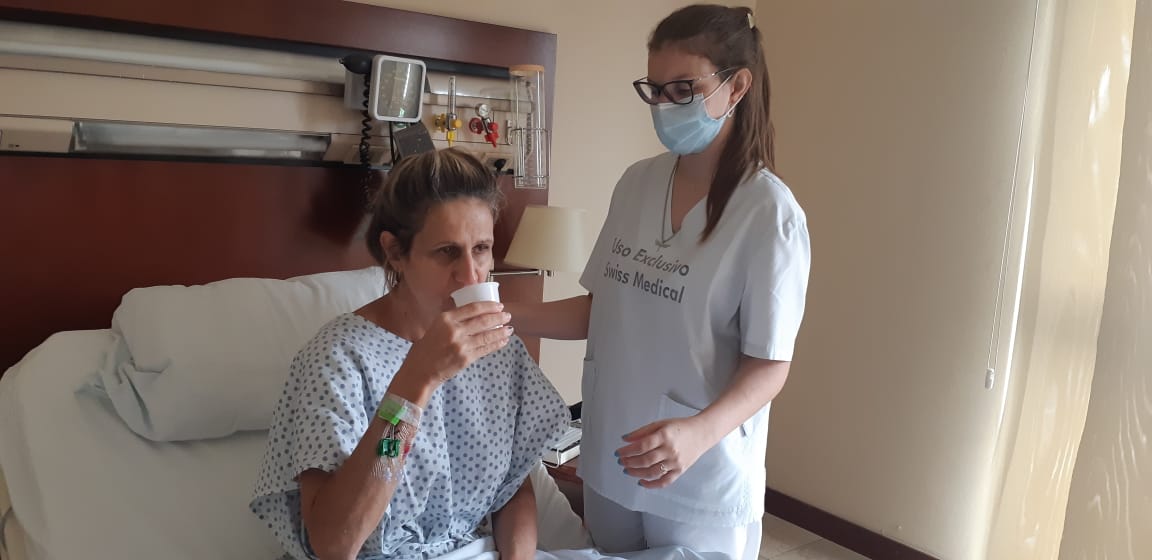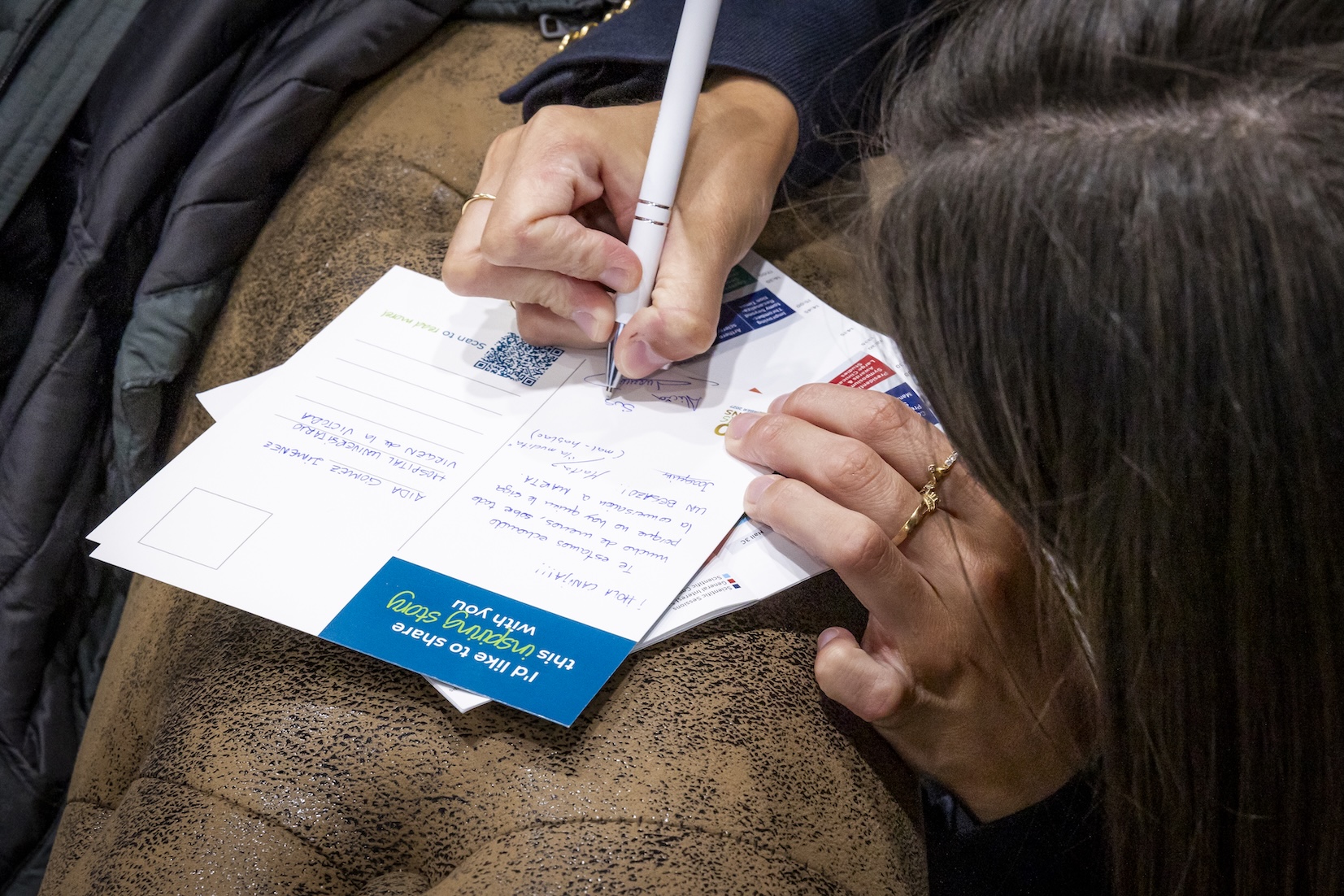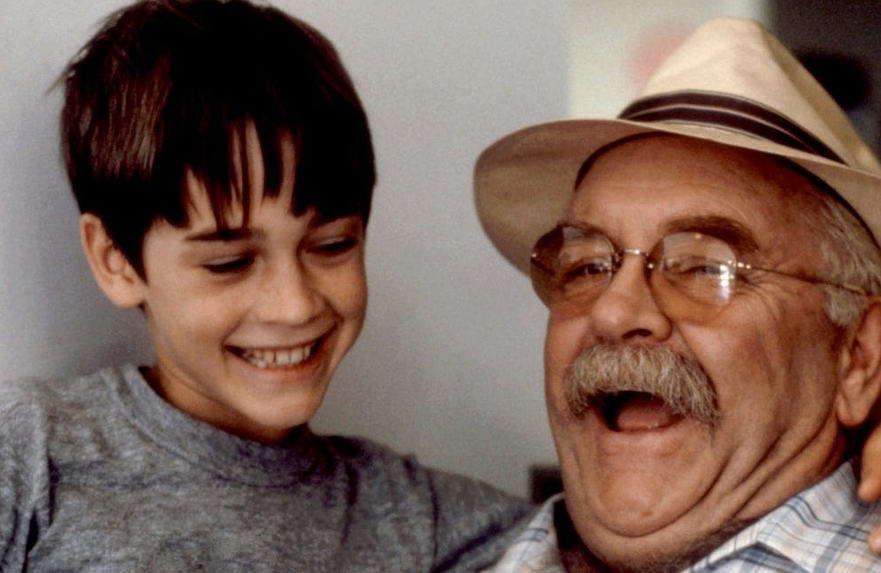Sanatorio de los Arcos, se svým neurologickým institutem, je určeným referenčním centrem pro pacienty s cévní mozkovou příhodou švýcarské lékařské skupiny ve městě Buenos Aires, píše Dr. Maia Gomez Schneider. Ale až do roku 2018 byl jeho medián doby od dveří k jehle daleko pod očekáváním.

V roce 2018 zaznamenalo zdravotnické zařízení průměrnou dobu od dveří k jehle 119 minut pro léčbu intravenózním rtPA, přičemž pouze 8 % pacientů nedosáhlo 60 minut a žádné pod 45 minut – daleko od očekávaných standardů.
V roce 2019 jsme se zapojili do Iniciativy Angels tím, že jsme přispívali do databáze Res-Q. Účast v Res-Q nám nejen usnadnila získávání údajů o pacientech s CMP a kvalitě péče v Argentině i ve světě, ale také nám pomohla rychle najít naše slabé stránky, abychom mohli pokračovat ve školení a zlepšování. S pomocí Iniciativy Angels se provedlo více školení zdravotních sester, lékařů na pohotovostech a personálu přednemocniční služby. Výsledkem byl vyšší počet pacientů, kteří dostali reperfuzní léčbu, a časem se snížila i prodleva v nemocnici. Dokonce jsme získali ocenění WSO Angels, na které jsme velmi hrdí.
Nicméně v roce 2020 narušila pandemie Covid-19 spojení, která jsme vybudovali. Byli jsme nuceni reorganizovat naši strukturu, abychom nabídli pacientům s CMP péči bezpečně a rychle, zejména po přesměrování mnoha zdrojů, zejména lidských, do péče o pacienty s koronavirem. Bylo nutné změnit protokoly kvůli mimořádným okolnostem, kterým jsme čelili.
Během roku 2020 došlo i při zvážení kontextu pandemie a zpoždění konzultací s pacienty k významnému snížení průměrného počtu od dveří k jehle na 48 minut, přičemž 92 % bylo pod 60 minutami a 53 % pod 45 minutami a procento pacientů léčených reperfuzními technikami pro ICVA bylo 14,4 %. Jsme přesvědčeni, že organizace před hospitalizací a v rámci nemocnice byla velmi důležitá, což se odráží ve zkrácení doby mezi přijetím a injekcí při akutní léčbě.
Jak uplynuly měsíce, ukazatele kvality se vrátily k normálu, kromě jednoho: screening dysfagie, který jsme nebyli schopni u všech pacientů provést včas. Protože jsme to nemohli dělat jako před pandemií, uvažovali jsme o zavedení školení a screeningu, které by prováděl neurolog na příjmu během úvodního vyšetření. Znovu jsme se obrátili na Iniciativu Angels, která nám společně se společnostíNutricia na 29. January 2021 poskytla vynikající virtuální školení od Lic. Valeria Ton, specialistky na polykání. Její školení nám pomohlo vytvořit jednoduchý a účinný protokol hodnocení dysfagie, který jsme rychle uvedli do praxe. V současné době je u 100 % našich pacientů s diagnostikovanou cévní mozkovou příhodou nebo TIA proveden screening na dysfagii, aby se snížily potenciální komplikace v nemocnici, jako je aspirační pneumonie.
Pro nalezení příležitostí ke zlepšení je zásadní záznam a analýza údajů.






